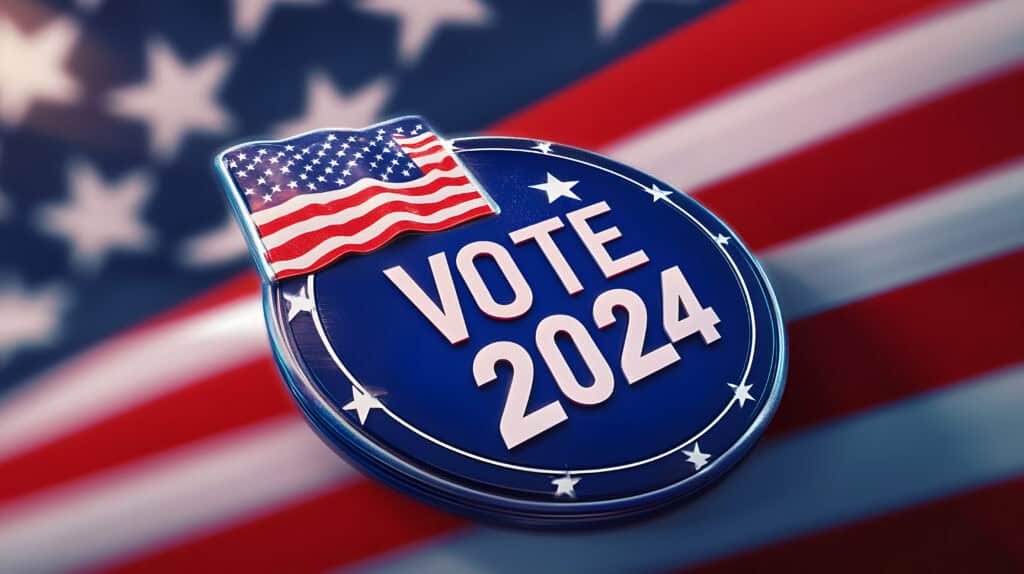
Key Takeaways:
- Trump’s 63.7% Odds: Polymarket’s prediction platform currently shows Donald Trump with a 63.7% chance of winning the 2024 election, despite contradictory U.S. voter polls.
- Compliance Measures Tightened: Polymarket is enhancing efforts to block U.S. users, focusing on large bettors potentially influencing market odds via VPNs.
- Discrepancy with Voter Polls: While prediction markets favor Trump, recent voter polls place Kamala Harris ahead, raising questions about the reliability of these markets.
Polymarket, a crypto-based prediction platform, is seeing Donald Trump leading with 63.7% odds to win the 2024 U.S. presidential election, despite voter polls suggesting otherwise.
Polymarket has stepped up efforts to block U.S. users from participating, as it is prohibited under U.S. law.
Polymarket is doing fresh checks to make sure traders in the US aren't betting on the presidential election https://t.co/rpHLAADxK0
— Bloomberg Crypto (@crypto) October 22, 2024
Concerns have risen about bettors bypassing restrictions with VPNs, and large bettors, or “whales,” may be influencing the odds.
One such bettor, “Fredi9999,” has wagered over $20 million on Republican outcomes.
This contrasts with a Reuters poll showing Vice President Kamala Harris ahead with 46% support to Trump’s 43%.
Billionaire investor Mark Cuban suggests the dominance of foreign money on Polymarket may skew the odds, making them less reflective of U.S. voter sentiment.
NEW: Over $2B has been wagered on the election on political betting platform Polymarket as the media & Mark Cuban claim it's "not an indication of anything"
— Collin Rugg (@CollinRugg) October 22, 2024
For comparison, at this same point in 2020, only $300M had been bet on the election across *all* platforms.
Four accounts… pic.twitter.com/yyH6AUxosd
Polymarket has previously faced regulatory issues, settling with the Commodity Futures Trading Commission (CFTC) in 2022.
Meanwhile, competitor Kalshi shows similar odds but recently won a law suit against the CFTC, allowing it to continue offering election-related contracts.

